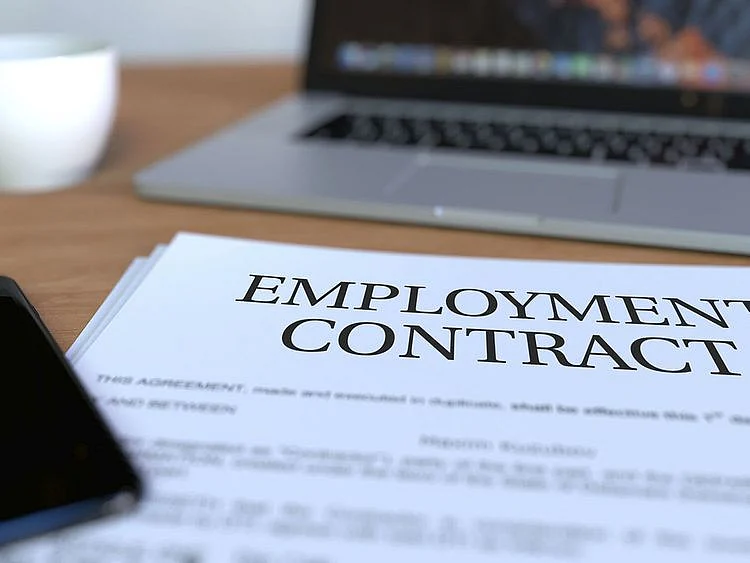Ask the Law: In UAE, can employer dismiss an employee without issuing a warning?
Employer can dismiss a worker without notice only after conducting an investigation

Labour dispute
Question: Under the new Labour Law in UAE, when does an employer have the right to dismiss a worker without warning? In the event that the employer decides to deduct the employee’s salary, what is the maximum permissible deduction?
Answer: Firstly, the employer may, according to Article (44) of the Federal Decree Law No 33 of 2021, dismiss the worker without notice after conducting a written investigation against him or her and the decision to dismiss the employee must be issued in writing and justified. Also, the employer or his or her representative should hand the dismissal order over to the worker under any of the following circumstances:
1. It is proven that the worker impersonated another person or submitted forged certificates or documents.
2. The worker committed a mistake that resulted in gross physical losses to the employer or the he or she deliberately damaged the properties of the employer and he or she acknowledged the same, provided that the latter informed the Ministry of Labour about the incident within seven working days from the date of being aware of the occurrence of such incident.
3. The worker violated the instructions of the establishment’s by-law related to the safety of work and workers or the workplace, provided that they were written and hung at a place visible to all and the worker was informed of the same in advance.
4. The worker did not perform his or her basic duties according to the employment contract and continued breaching them despite conducting a written investigation against him or her for this reason and provided he or she was notified and warned of dismissal twice if this breach was repeated.
5. The worker disclosed a work secret related to industrial or intellectual property, which resulted in losses to the employer, missed opportunity or resulted in a personal benefit for the worker.
6. The worker was drunk during working hours, was under the influence of narcotics or psychotropic substances, or committed an action in breach of public morality at the workplace.
7. The worker assaulted, during work, the employer, manager-in-charge, one of his or her superiors or colleagues at work, by word, action or by any other form of assault that is punishable under the legislation in force in the State.
8. The worker was absent without a legitimate reason or excuse accepted by the employer for more than 20 intermittent days during one year or more than seven consecutive days.
9. The worker exploited his or her position in an illegal way to obtain personal results and gains.
10. The worker joined another establishment without abiding by the rules and procedures prescribed in this regard.
Secondly, the maximum limit of deduction is five days per month according to Article 39 of the law, which states that the employer or his or her representative may impose on the worker who violates the provisions of this Decree-Law, its Implementing Regulation and resolutions issued for its implementation, any of the following penalties:
A. Written notice;
B. Written warning;
C. Deduction from wage not exceeding the wage of five days per month;
D. Suspension from work for a period not exceeding (14) fourteen days and non-payment of wage for the suspension days;
Also Read
Ask the Law: Under UAE Labour Law, am I entitled to maternity leave during probation?Ask the Law: Can an employer deny end-of-service benefits if an employee is dismissed from work?Ask the Law: Can I take legal action against my divorced wife if she prevents me from meeting my daughter?Ask the law: Are tenants allowed to do maintenance or repair work without permission of landlords?E. Deprivation from the periodic bonus for a period not exceeding one year, regarding the establishments that adopt the periodic bonus system and the worker is entitled to obtain it according to the provisions of the employment contract or the establishment’s regulations;
F. Deprivation of promotion at the establishments having a promotion system, for a period not exceeding two years;
G. Termination of service while preserving the worker’s right of end-of-service benefits.
Sign up for the Daily Briefing
Get the latest news and updates straight to your inbox
Network Links
GN StoreDownload our app
© Al Nisr Publishing LLC 2025. All rights reserved.